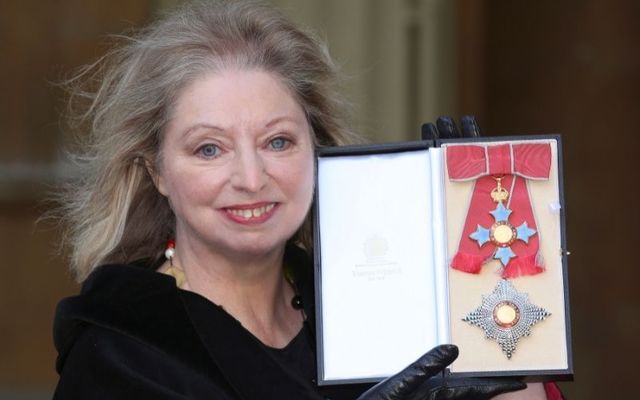Two-time Booker Prize-winning author Dame Hilary Mantel has said that she hopes to gain Irish citizenship so that she can escape the "shame" of living under the British Government.
Mantel told Italian newspaper La Repubblica that she was "baffled" by the popularity of the British monarchy and said that Prime Minister Boris Johnson "should not be in public life".
Mantel, whose popular works include "Wolf Hall" and "Bring Up the Bodies", said that she would be able to "breathe easier" if she was an Irish citizen and believes that she will be able to arrange it.
"I hope to loop back into my family story and become an Irish citizen," she told La Repubblica.
"Our projected move has been held back by Covid, but much as I love where I live now, in the West Country, by the sea, I feel the need to be packing my bags, and to become a European again."
The 69-year-old author said that she has been strongly influenced by her Irish heritage and said that she grew up as a working-class Catholic first and foremost.
"My parents were both born in England, but the generation that shaped me was the one before that, and I was conscious of belonging to an Irish family,
"We were northern, working-class and Catholic, and to me, Englishness was Protestant and southern, and owned by people with more money."
Mantel also condemned Home Secretary Priti Patel over her anti-immigrant rhetoric and said that it made her "ashamed" to be English.
"We see the ugly face of contemporary Britain in the people on the beaches abusing exhausted refugees even as they scramble to the shore.
"It makes one ashamed. And ashamed, of course, to be living in the nation that elected this government, and allows itself to be led by it."
Mantel additionally described the United Kingdom as an "artificial and precarious construct" that is neither holy nor old.
She criticized the English education system for failing to teach about the history of Scotland and Wales, adding that English students are taught to believe that Scotland and Wales were destined to be conquered.
"Wales and Scotland were only mentioned when the English were fighting battles there; they were destined to be conquered, and added on to the more important territory, their complex histories dwindling into childish narratives consumed by tourists."




Comments